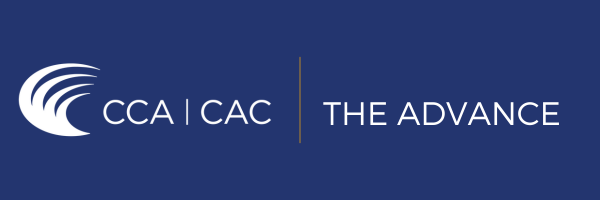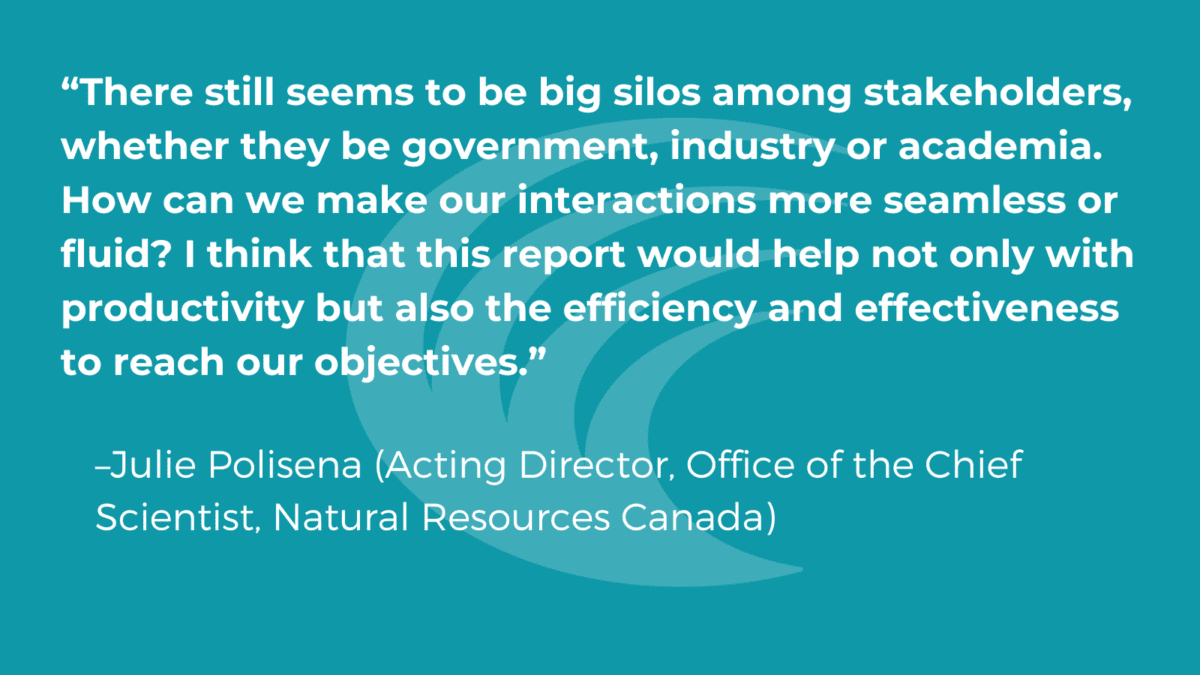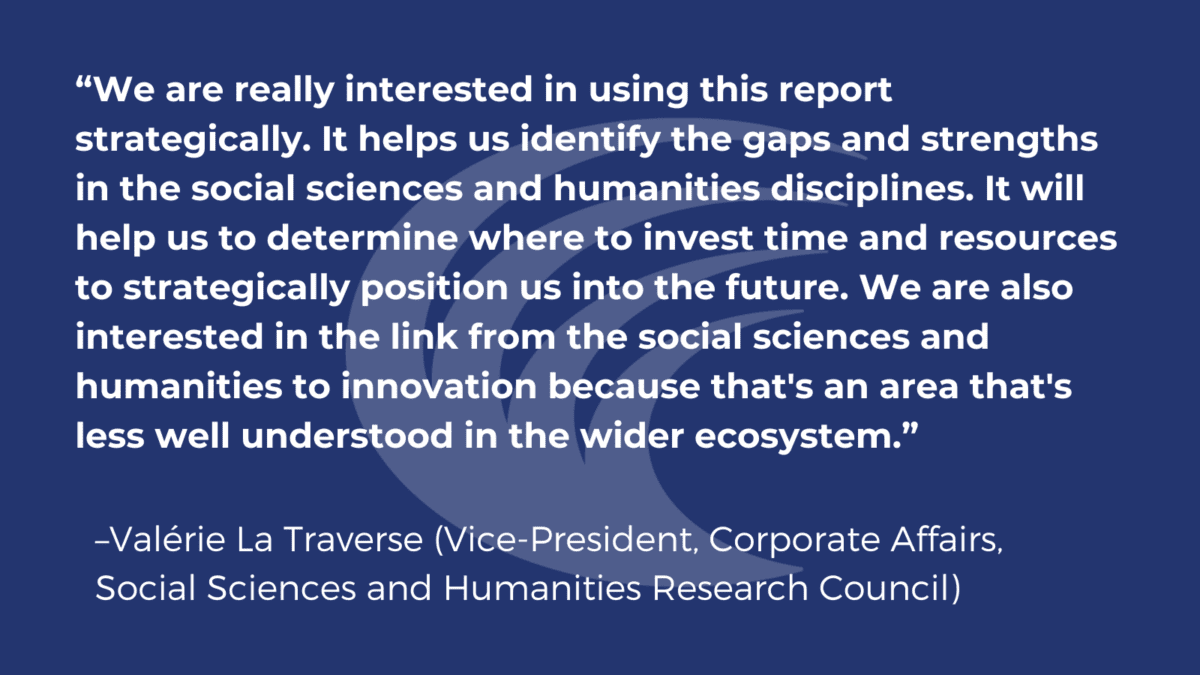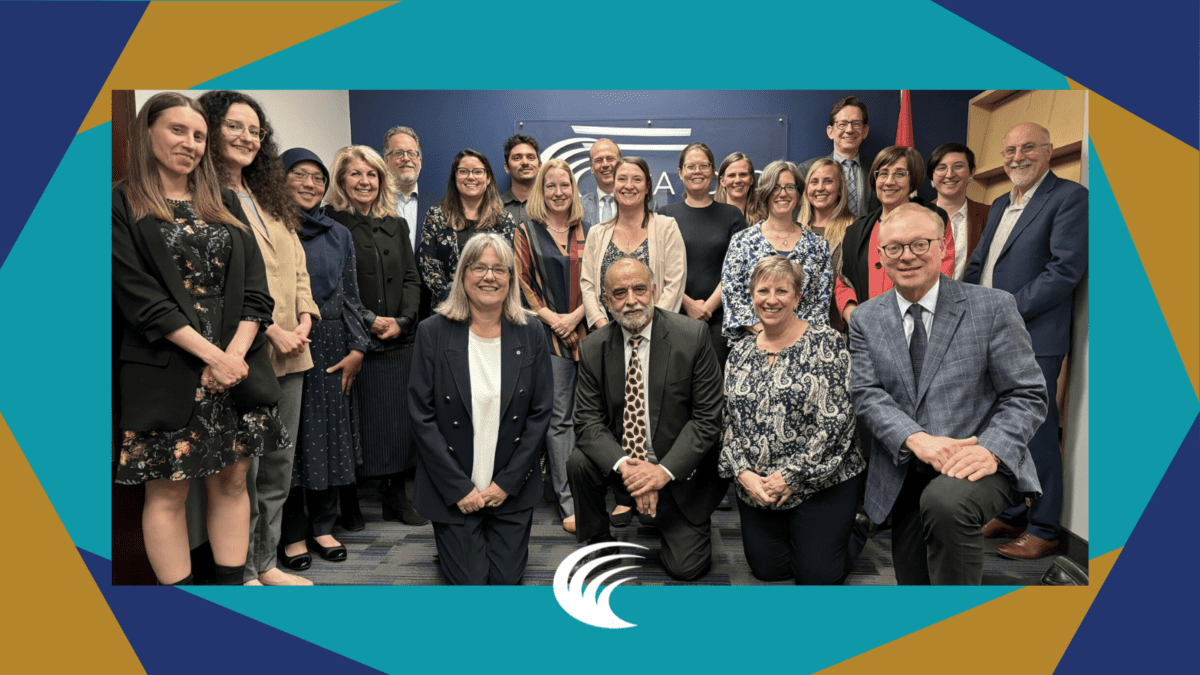
Welcome to The Advance, the newsletter of the CCA. Want to help us promote science-informed policy in the public interest? Feel free to forward this newsletter to a friend or colleague. If you haven’t subscribed yet, you can sign up here. Le français suit.
In this edition:
- Funding the future of the CCA
- Cyber-enabled harms in Canada
- Digital divides, health data sharing, and more
Funding the future of the CCA
On May 26, Innovation, Science and Economic Development Canada (ISED) announced more than $800 million in support for the two dozen beneficiaries of the Strategic Science Fund (SSF), including the CCA. “Science and research are the cornerstones of Canada’s economic well-being and progress,” said François-Philippe Champagne, Minister of Innovation, Science and Industry. “Canada’s researchers work to expand our understanding of the world, and they generate new ideas to solve some of the biggest challenges of our time.”
The Strategic Science Fund provides foundational support for the CCA as it evolves to meet the evidence needs of a range of stakeholders. Following the announcement, Tijs Creutzberg, CCA’s interim president and CEO, said that the fund will enable the CCA “to deliver independent, evidence-based assessments of important public policy issues to inform decision-making in Canada.”
CCA recently announced two of those assessments: a report on Canada’s science and technology (S&T) and innovation ecosystem, detailing emerging trends and opportunities for growth, and another on strategies for securing dual-use research. Over the next five years, the CCA will produce 10 assessments under the SSF, on a variety of critical issues to be identified through an annual government-wide call for proposals.
The S&T assessment, now underway, is the latest in CCA’s ongoing series on science, technology, research and development in Canada—a body of work that now spans two decades. During a recent planning meeting, assessment sponsors—ISED, with supporting departments and agencies—explained how our research on S&T and innovation in Canada supports their work. Here’s what they said:



Read more about CCA’s assessment process and learn how you can propose a project of your own.

Readings & Events
- On June 20, the Canadian Climate Institute will host a roundtable discussion with authors of three new Indigenous Perspectives case studies.
- On June 21, the University of Ottawa’s Information Integrity Lab and the Canadian International Council will host a one-day conference focused on “understanding the disinformation threat landscape,” with speakers from Google, Disinfowatch, FINTRAC, and more.
- The Assises de la Francophonie Scientifique is accepting papers for its annual conference on Francophone science diplomacy until June 30.
- Sustainable Development Technology Canada, the not-for-profit foundation tasked with guiding investments for environmentally conscious technologies, will be made part of National Research Council of Canada. The move follows an Auditor General report that identified conflicts of interest in the foundation’s projects, among other issues.
- On June 6, the Connected Care for Canadians Act (C-72), legislation intended to improve health data access for patients, was tabled in the House of Commons. (For more on the complexities of health-data sharing, read CCA’s report, Connecting the Dots.)
- In late May, the Government of Canada released Climate Science 2050, a report that “identifies priority science and knowledge activities that Canada needs to pursue to meet climate targets and adaptation goals.” The report draws on CCA assessments of nature-based climate solutions and health and science misinformation.
- Mark Holland, Minister of Health, recently announced new funding to support the development of new antimicrobial prescribing guidelines, to “reduce unnecessary or inappropriate use of antimicrobials in Canada, which is one of the key drivers of antimicrobial resistance.” (Read CCA’s report, When Antibiotics Fail.)
- And Kimberly Murray—a lawyer, scholar, and the Independent Special Interlocutor for Missing Children and Unmarked Graves and Burial Sites associated with Indian Residential Schools—was named National Scholar in Indigenous Legal Studies at Queen’s University. Murray, a member of Kanehsatà:ke Mohawk Nation, chaired CCA’s Expert Panel on Policing in Indigenous Communities. The Advance recently featured Murray’s co-panelist, Naiomi Metallic.
